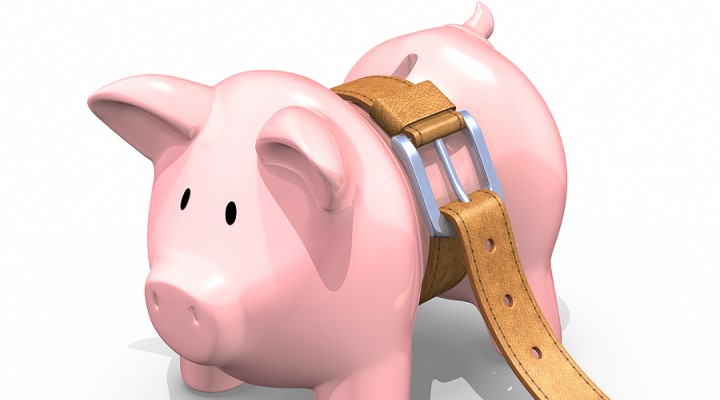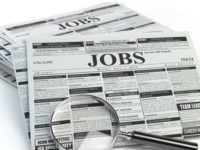New research from YouGov, commissioned by online small business lender Prospa, reveals that many small businesses do not have much in terms of cash reserves.
The research found that 22 per cent of SMEs have no cash reserves at all, 18 per cent only have less than a month’s worth of cash to fulfil their oblligations and 21 per cent have cash reserves that will only be good for one to two months.
While the RBA’s decision to pause rate increases in May was a welcome relief to SMEs struggling to make ends meet, the research warns that potential further increases later this year should be a sign for businesses to prepare financially.
“The current economic conditions are such that small businesses are getting further away from the three to six months’ cash reserves recommended to cover operating expenses,” Beau Bertoli, Prospa’s Co-founder and Chief Revenue Officer, said. “We’re seeing a particular strain on the retail and hospitality industries, which have been disproportionately impacted by a decrease in discretionary spending, supply chain cost increases and rising fuel and energy expense.”
Despite the gloomy picture painted by the research, it also highlighted the resilience of Australian business leaders in the face of adverse market conditions once again by taking a solutions-first approach.
In fact, 77 per cent of Australian business owners and decision-makers say their business already has actively adopted strategies in the next 12 months to manage the impact of rising costs, or is ‘likely to do so’, while 43 per cent are planning to reduce non-essential expenses, 38 per cent are likely to increase their prices in the next 12 months, and 17 per cent are turning to technology adoption.
“Technology will be a crucial lifeline for small businesses as they map out their cashflow over the coming months [and] streamlining manual backend tasks and harnessing technology to create admin efficiencies will have a direct impact on the productivity and, therefore, the profitability of the business,” Bertoli added. “Our data shows business owners know this too and they’re taking the bull by the horns to ensure they not only survive but thrive in the current climate.”
Despite these measures, the research pointed out the costs savings SME leaders are making as 77 per cent admit to ‘feeling the squeeze.’ Mental health has been the most affected, with 44 per cent noting increased stress or burnout and 29 per cent finding themselves having less time to spend with friends and family due to rising costs and a challenging economic environment.
“While Australia’s small-business community has jumped hurdle after hurdle in recent years, the current economic environment is raising the bar higher than ever before,” Bertoli said. “With cash reserves down, and the personal impact becoming increasingly evident, it’s critical that businesses assess the financial support available to them and access what they need to put themselves back in the race.”














